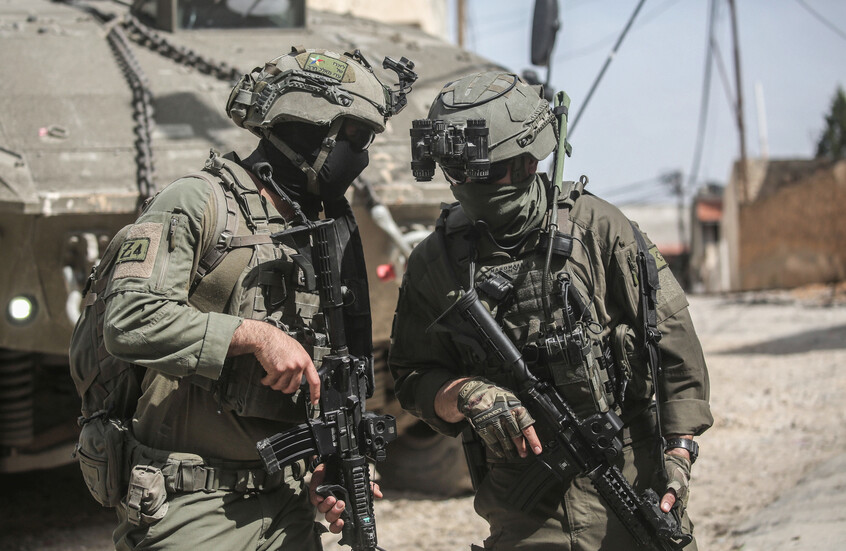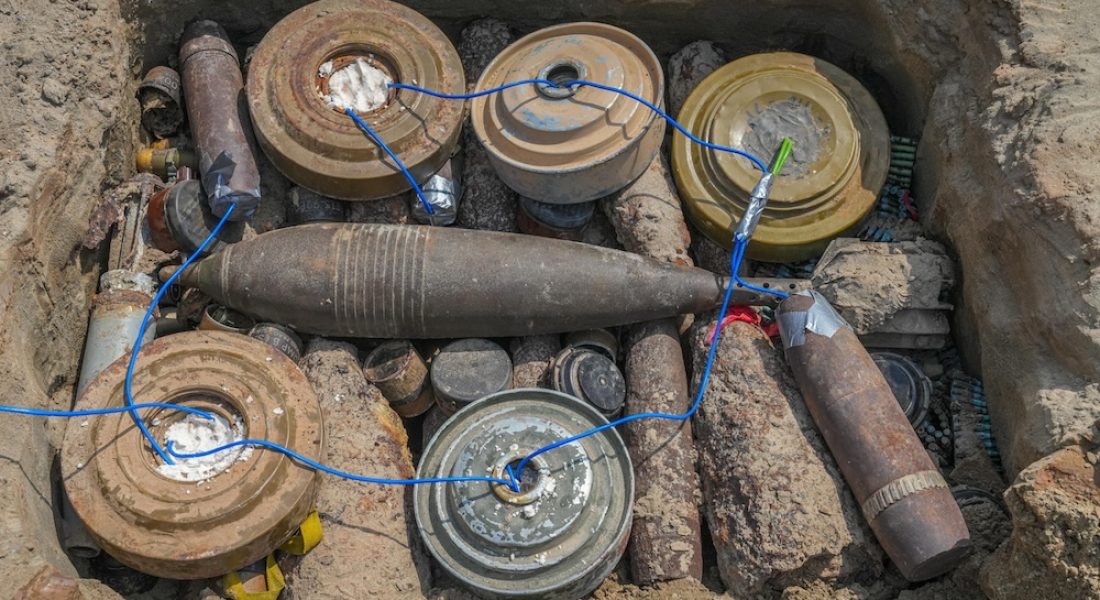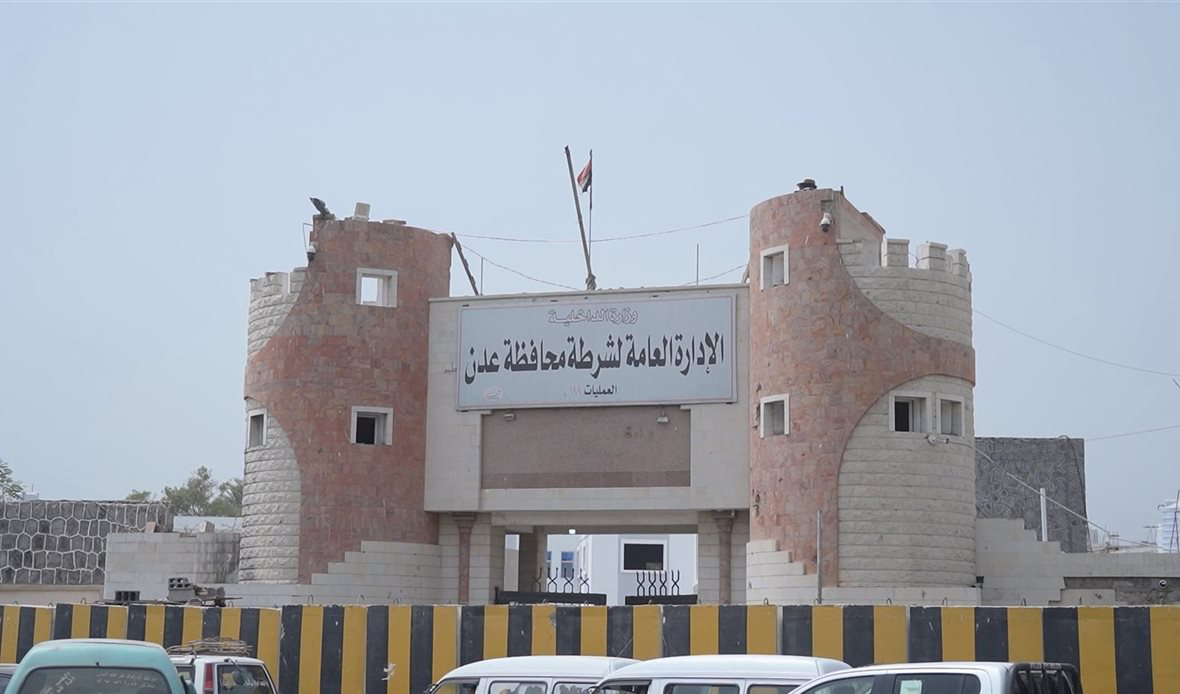
Barran Press
The Yemeni government on Saturday strongly condemned the escalating military actions by Israeli occupation forces in the Gaza Strip, which have resulted in a significant number of civilian casualties.
Israeli offensives have claimed 855 Palestinian lives and injured 1,869, according to Gaza health authorities.
In a statement issued by the Ministry of Foreign Affairs of the internationally recognized Yemeni government," the ongoing systematic destruction of all aspects of life in Gaza was denounced as a "threat and dangerous escalation" to regional peace and security.
The statement emphasized that the continued Israeli aggression against Gaza, along with the extensive destruction of civilian infrastructure and humanitarian facilities, undermines regional and international efforts aimed at achieving security and stability in the area.
The Yemeni Foreign Ministry urged the international community to uphold its responsibilities in realizing the aspirations of the Palestinian people for security, stability, and a dignified life, in line with the two-state solution, the Arab Peace Initiative, and relevant international resolutions.
The condemnation follows an announcement on April 2, 2025, by Israeli Defense Minister Yisrael Katz regarding an expansion of the military operation and large-scale evacuations in Gaza combat zones, with the stated aim of controlling and annexing significant areas into Israeli security zones.
Prior to this, on March 18, 2025, Israeli Prime Minister Benjamin Netanyahu's office declared the resumption of the war on Gaza, alleging that Hamas had rejected American proposals for a ceasefire extension.
Netanyahu's office further claimed that the renewed hostilities were a consequence of Hamas's refusal to release Israeli prisoners and its rejection of offers from US Presidential Envoy Steve Whitcomb and other mediators.
The initial 42-day phase of the ceasefire and prisoner exchange agreement in the Gaza Strip officially concluded on March 1 of this year without Israel's agreement to proceed to the second phase and end the war, reportedly due to obstructions by Prime Minister Netanyahu.
Following the end of the truce, the Israeli government decided to halt the entry of humanitarian aid into the Gaza Strip, just hours after the expiration of the first phase of the ceasefire and prisoner exchange between Hamas and Tel Aviv.
In response, Hamas decried Israel's decision to halt humanitarian aid to Gaza as "cheap blackmail, a war crime, and a blatant violation of the ceasefire and prisoner exchange agreement" that took effect on January 19.





